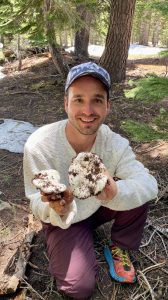
Today we’d like to introduce you to Aaron Tupac.
Alright, so thank you so much for sharing your story and insight with our readers. To kick things off, can you tell us a bit about how you got started?
As a creative, queer, non-binary kid growing up in a small working-class town in the Midwest with a chronically ill mother, I grew up wanting to heal the world. I wanted to create a place of belonging that did not exist for people like me. I wanted to live beyond survival from living with the terror of disease in my family. I wanted to cure the root cause of my mother’s illness and the hate in society that I experienced for being a queer, non-binary person. I wanted to feel connected to people and the world deeply and meaningfully.
It wasn’t until I started doing a deep dive into educating myself about my world, the larger systemic issues, such as the lack of public support when someone is ill, the ugly stigma of disability, and the frightening reactions you get from people when you don’t fit into their gender and sexuality stereotypes – that I began uncovering my purpose to share the stories that bind us together. That we are all in this together.
It took many years until I encountered specifically fungi, who tell this story so well. While I worked as an IT professional for financial security, I delved into intersectional environmental, social justice movements and restoration ecology. This led me on a soul-searching journey that peaked during the COVID-19 pandemic when I encountered a book that would prophetically change my life, Merlin Sheldrake’s Entangled Life: How Fungi Make Our Worlds, Change Our Minds, and Shape Our Futures
I immediately fell in love with fungi.
Fungi show us the togetherness of life, that all life is inextricably interconnected. Entangled Life inspired me to form intentional relationships with fungi. Fungi went on to teach me how to heal through relationships – how to restore relationships with the land, other people, and ultimately, myself.
On my journey with fungi, I have met mycologists who organize communities to work with fungi in relational ways like ecological restoration projects of healing polluted soils, eating plastics, and breaking down asphalt. From traveling across the country to fungi festivals to organizing my fungi discussion group to leading fungi walks, I have made meaningful relationships with fellow fungi-loving myconauts.
As a transplant, I didn’t have a strong community to which I belonged when the pandemic hit. Fungi ended up saving me during this time of alienation, and honestly, one of my life’s darkest, scariest seasons. At the time I was additionally feeling helpless and overwhelmed by the climate crisis, mass extinction, and the horrific social injustices against BIPOC and LGBTQIA2+ communities face.
Then came fungi. Fungi helped me reclaim responsibility, meaningful connection, and hope. They taught me how to reach out, to myceliate in all directions as they do, and how to connect through difference. They inspired me to go out of my comfort zone as an introvert and create the community I longed for and needed. And when I went out of my way to create Exploring the Mycoverse, I was unexpectedly rewarded with a whole diverse thriving community of myconauts.
Fungi have since inspired me to give back to fungi in many ways. I now work for the fungi as a fungal educator, a fungal conservation advocate, and a field mycologist. All to celebrate and their way of life which has all too often been overlooked.
Alright, so let’s dig a little deeper into the story – has it been an easy path overall and if not, what were the challenges you’ve had to overcome?
I’ve encountered quite a bit of confusion and pushback in my life as a non-binary, queer person. Especially in science communities, unfortunately, where I’ve experienced discussions about identity and inclusivity met with hostility. Even in as diverse a city as LA, I’ve witnessed these communities consciously avoid conversations about creating safe spaces for marginalized identities.
It’s disheartening as fungi are the ones who helped me realize my non-binary, queer identity. They taught me there are ways of living that defy simple categorization. That it was okay to be gender non-conforming and not aligned with traditional sexual identities. Fungi are very queer and are non-binary in the extreme, where one species of fungus, Schizophyllum commune, has thousands of sexes, aka mating types.
So, part of my work is to create safe, welcoming spaces to learn about fungi. Spaces where people can share their passion and experiences with fungi.
I’ve also encountered resistance as a lover searching for beauty in life as well as someone with a large capacity for curiosity about life. I was told time and time again these were two different pursuits. One was art, and the other was science. They were incompatible desires to be pursued together. I couldn’t accept this, and it’s taken so much stubborn willpower to persevere and to find how they can coexist. Then I found the science of fungi and it was quite the art indeed, full of ambiguity, mysteries, and beauty to explore.
Appreciate you sharing that. What else should we know about what you do?
I work for the fungi as a fungal educator, fungal conservation advocate, and field mycologist.
I am most proud of the community I’ve made through organizing my fungi education group Exploring the Mycoverse. In the Mycoverse we discuss all the interesting media about fungi, everything from books to films. At each gathering, we discuss how to be in a better relationship with fungi. It’s a space where marginalized identities are heard and multiple ways of knowing such as traditional ecological knowledge are valued. This community is really a thing of beauty we have co-created together, much like the world’s fungi make.
The Mycoverse meets regularly at Arlington Garden in Pasadena. In the less than two years since our inception, we’ve had 40+ events, reaching 400+ people. It’s exciting to witness this community growing, so stay tuned for more diverse programming.
I am also extremely proud to work professionally as a fungi collector on the California Fungal Diversity Survey Project (https://fundis.org/observe/ca-fundis) – the first publicly funded statewide fungal conservation project of its kind. This organization is North America’s only fungal conservation non-profit so the work we’re doing is unprecedented. It is modeling the future of fungal conservation.
As a fungal teacher, I teach intersectional ecological restoration and fungal conservation all over the Los Angeles area at places like universities, conservation organizations, native plant organizations, community gardens, libraries, and local K-12 schools.
Can you talk to us a bit about happiness and what makes you happy?
Long walks, potlucks, and playing with friends in gardens and nature! I thrive on making deep connections with people and nature. I definitely need my friends to laugh with while learning creative ways of living on a damaged planet.
Contact Info:
- Website: https://aarontupac.substack.com/
- Instagram: https://instagram.com/symbiomyconaut?igshid=NTc4MTIwNjQ2YQ==
- Other: https://www.inaturalist.org/people/aaron_tupac
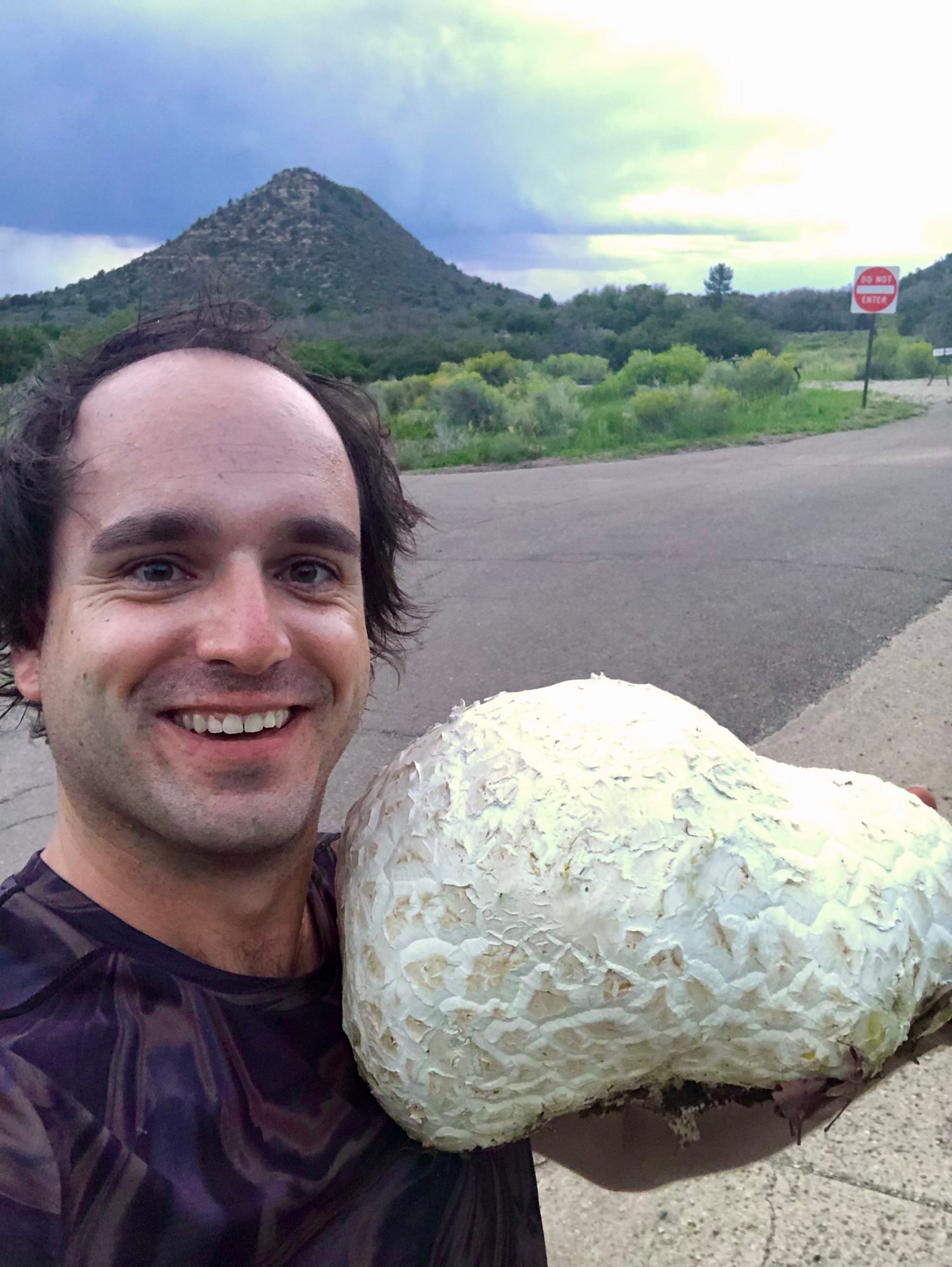
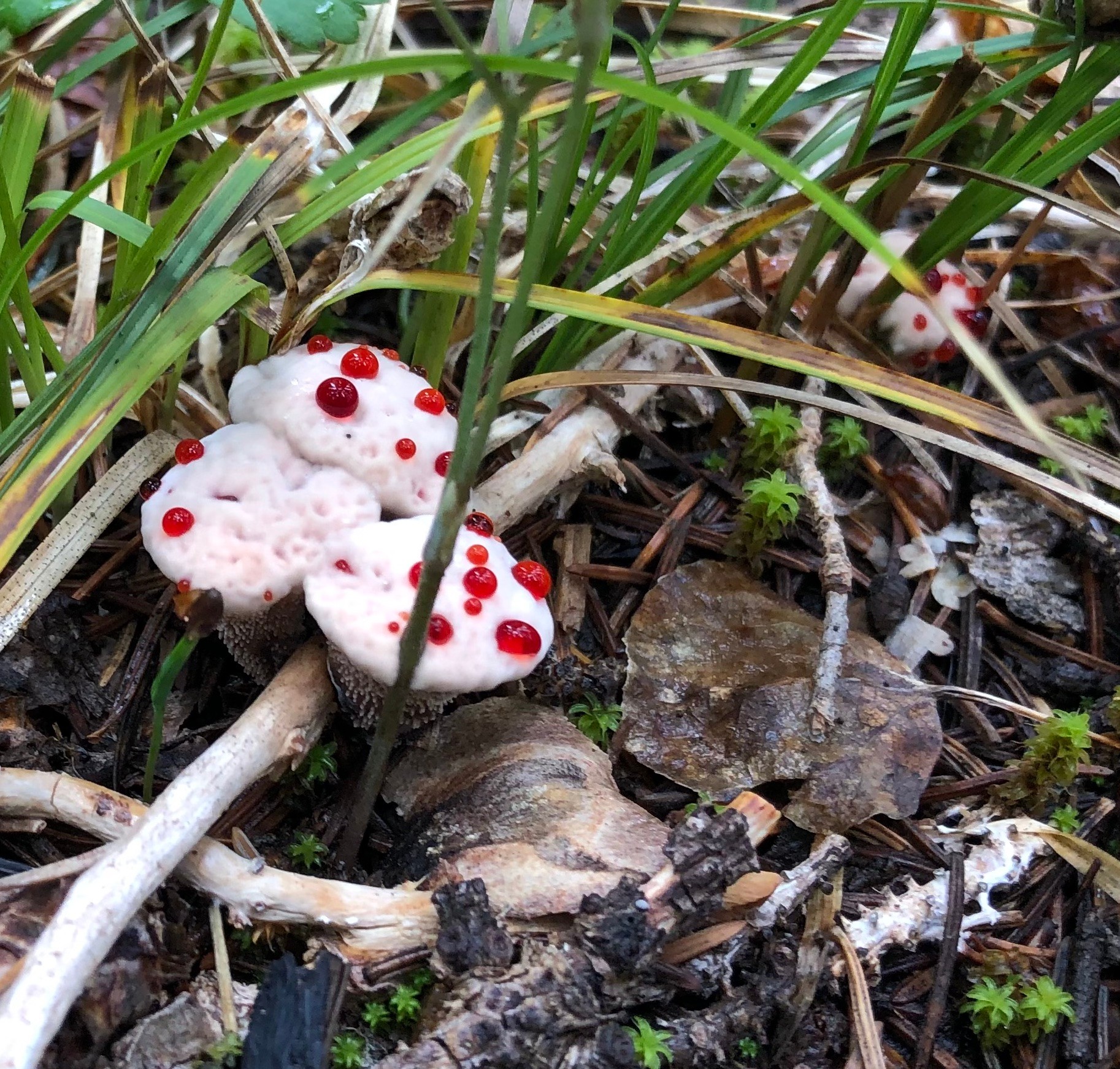
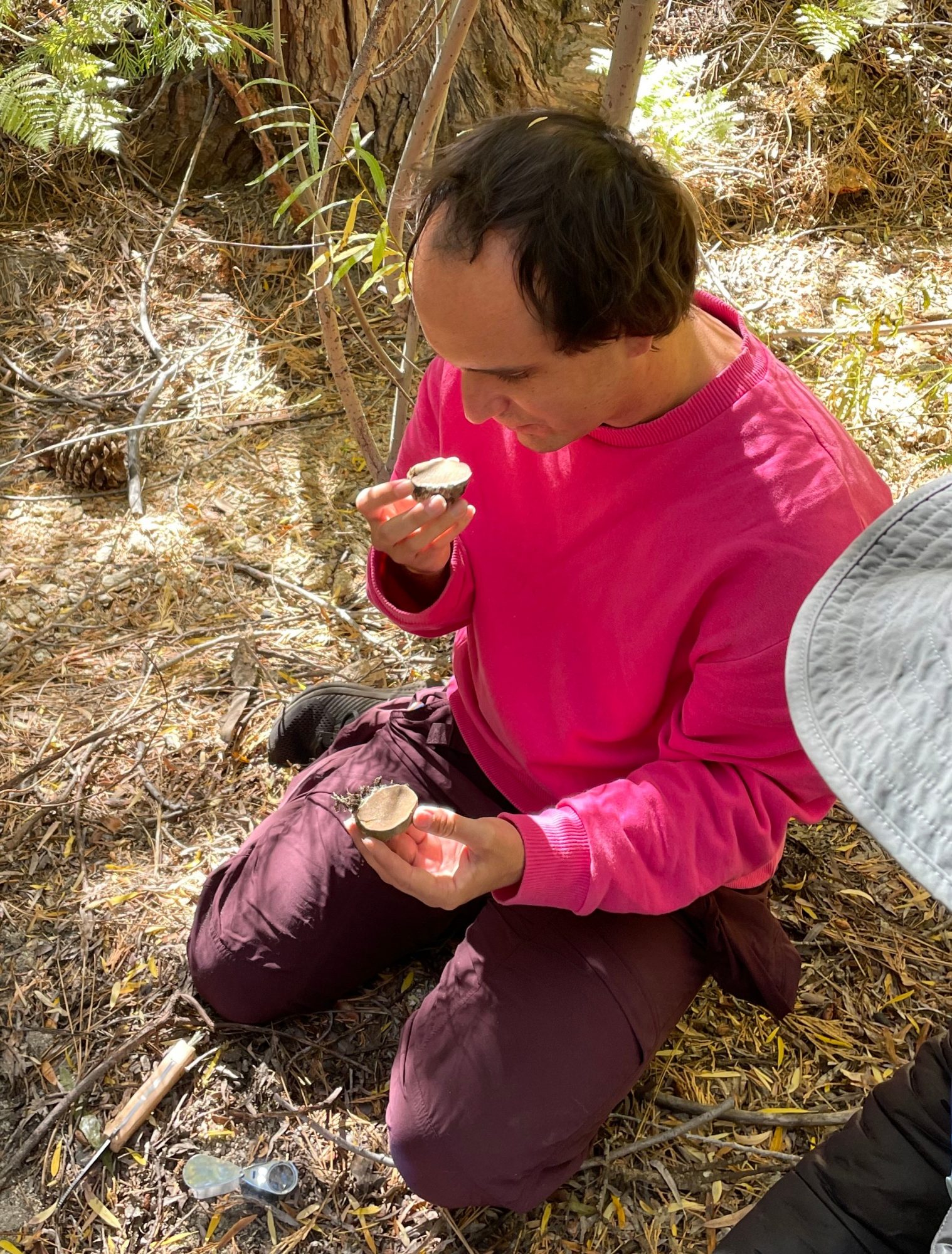
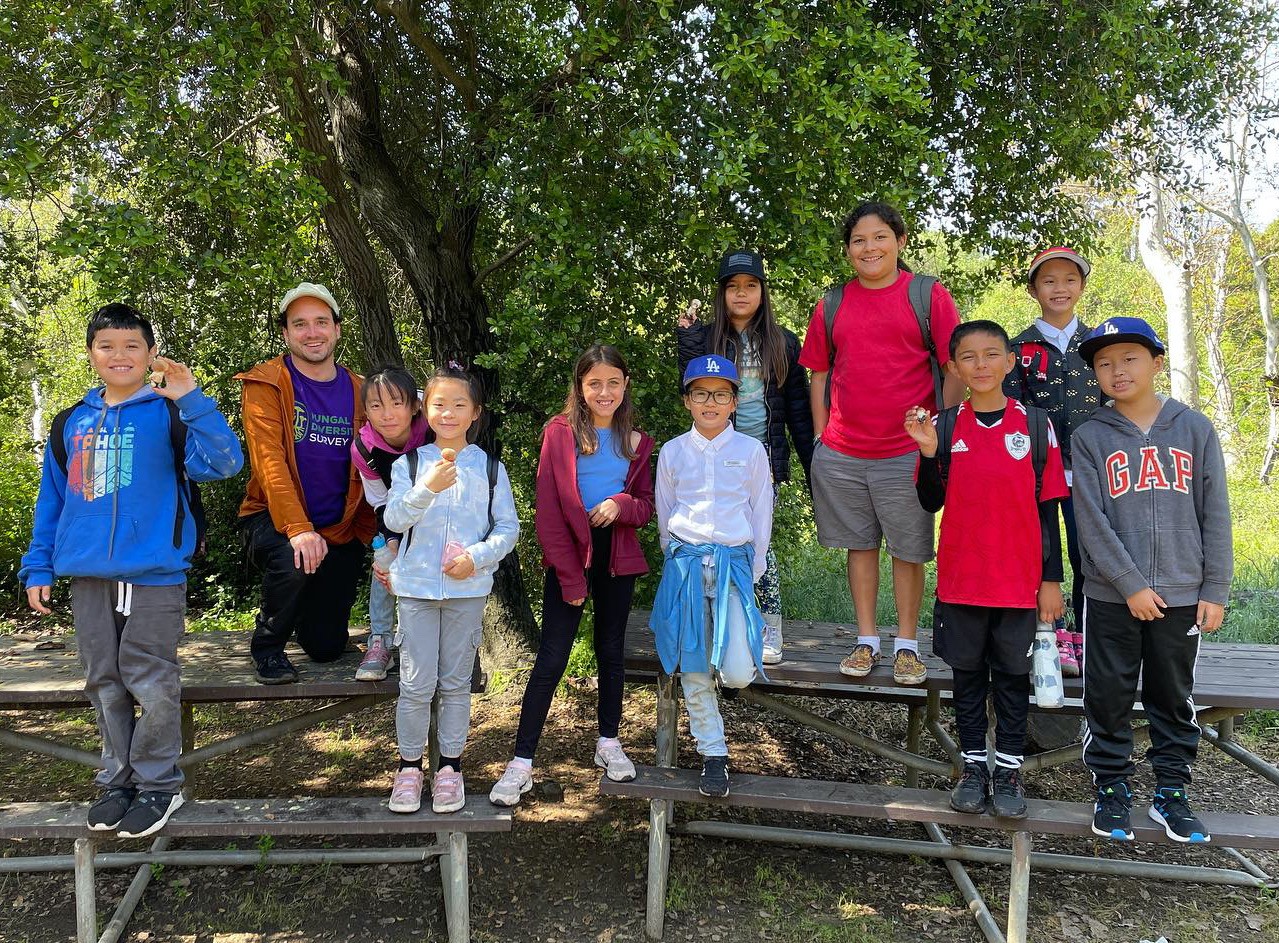
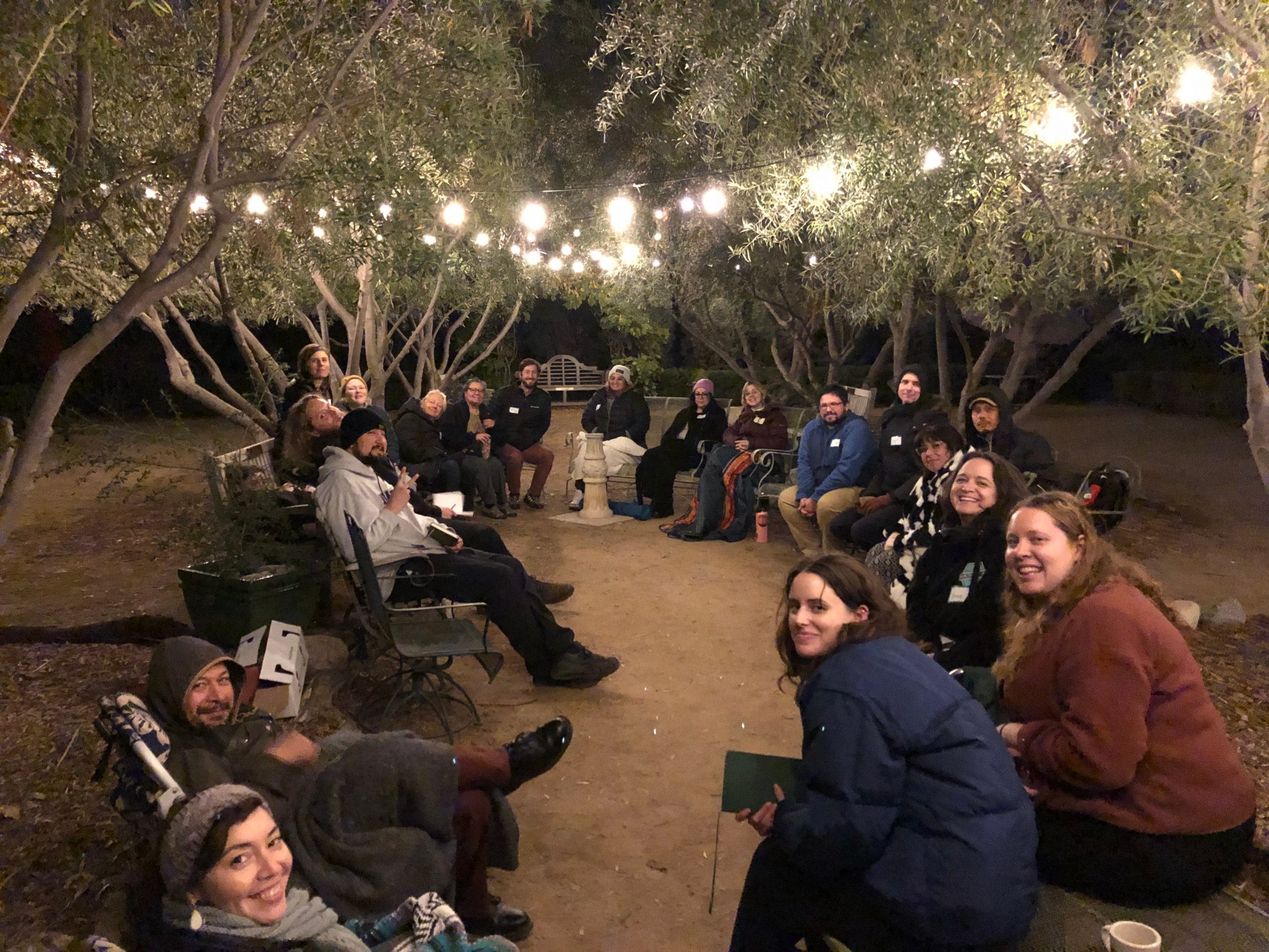
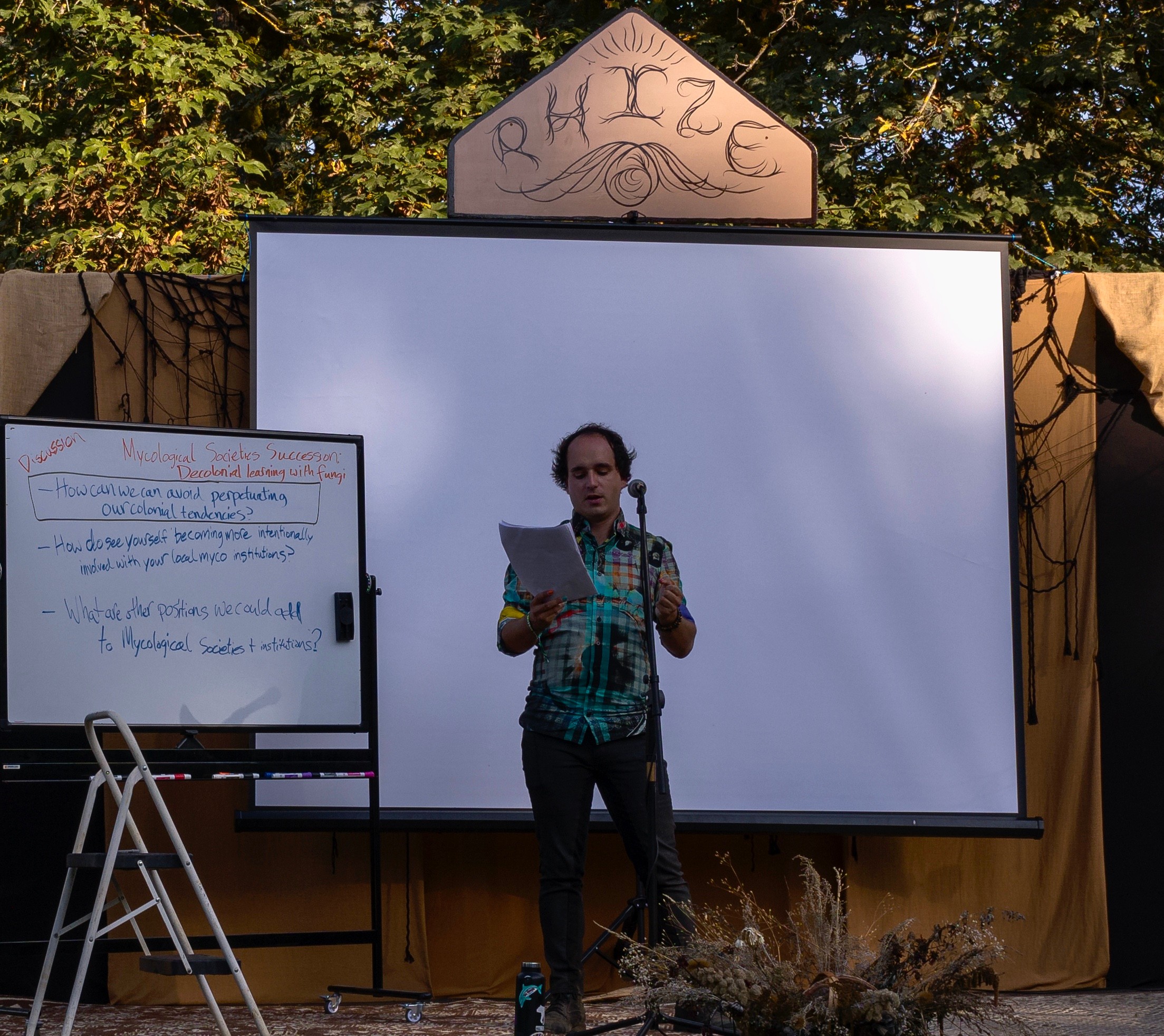
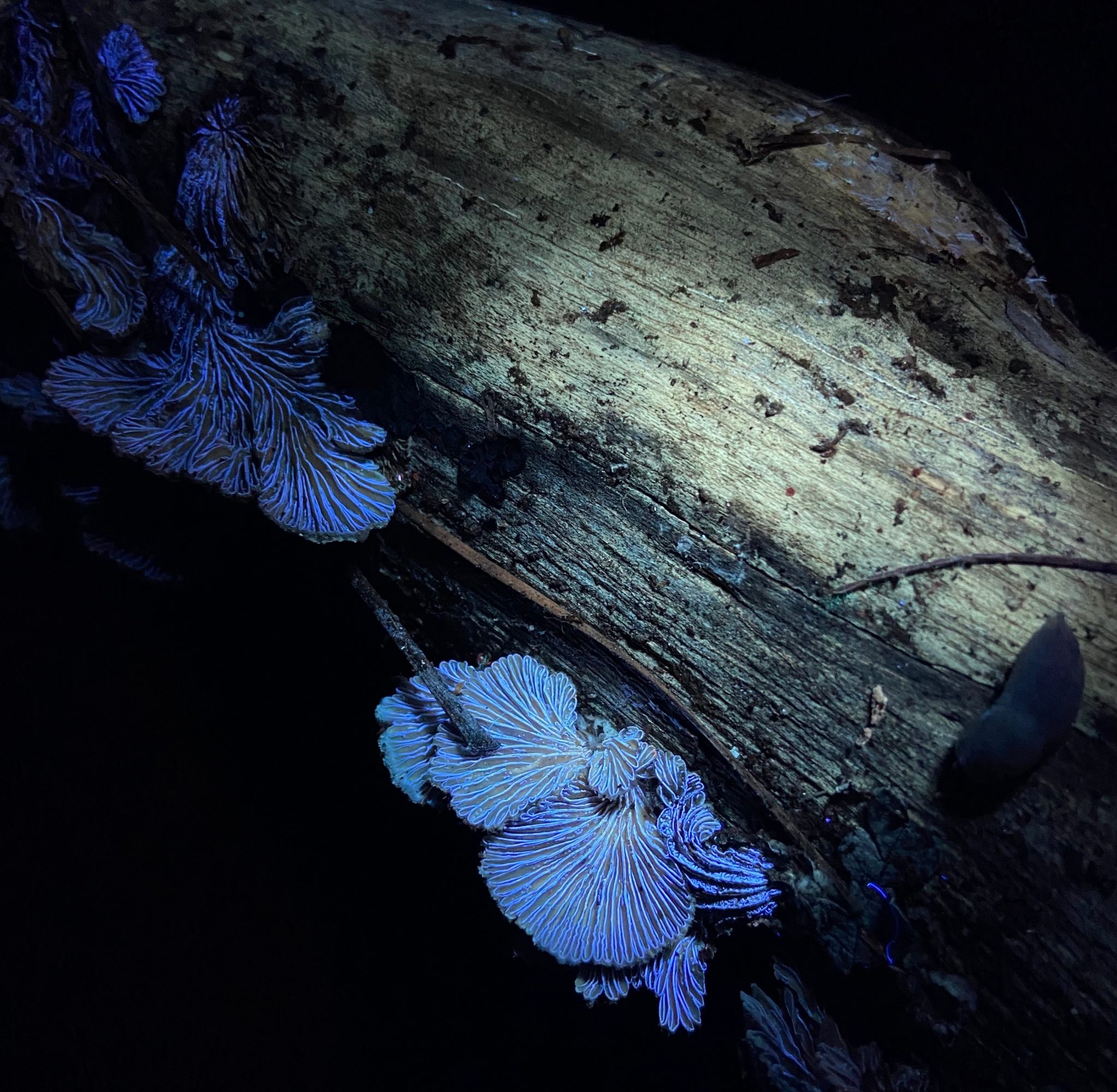
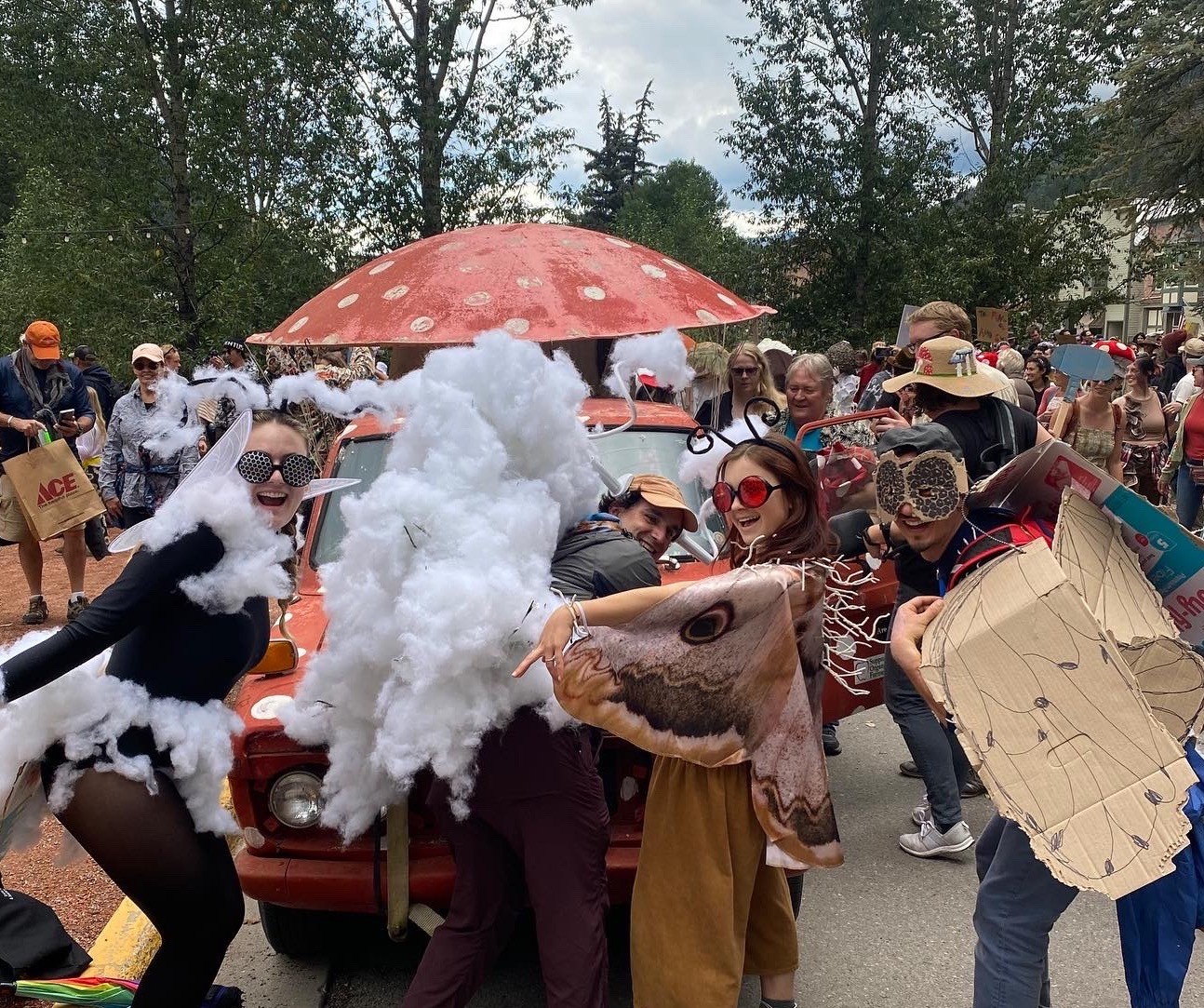
Image Credits
Kristy Kwong, Celia Stanley, Brandon Feiberg











